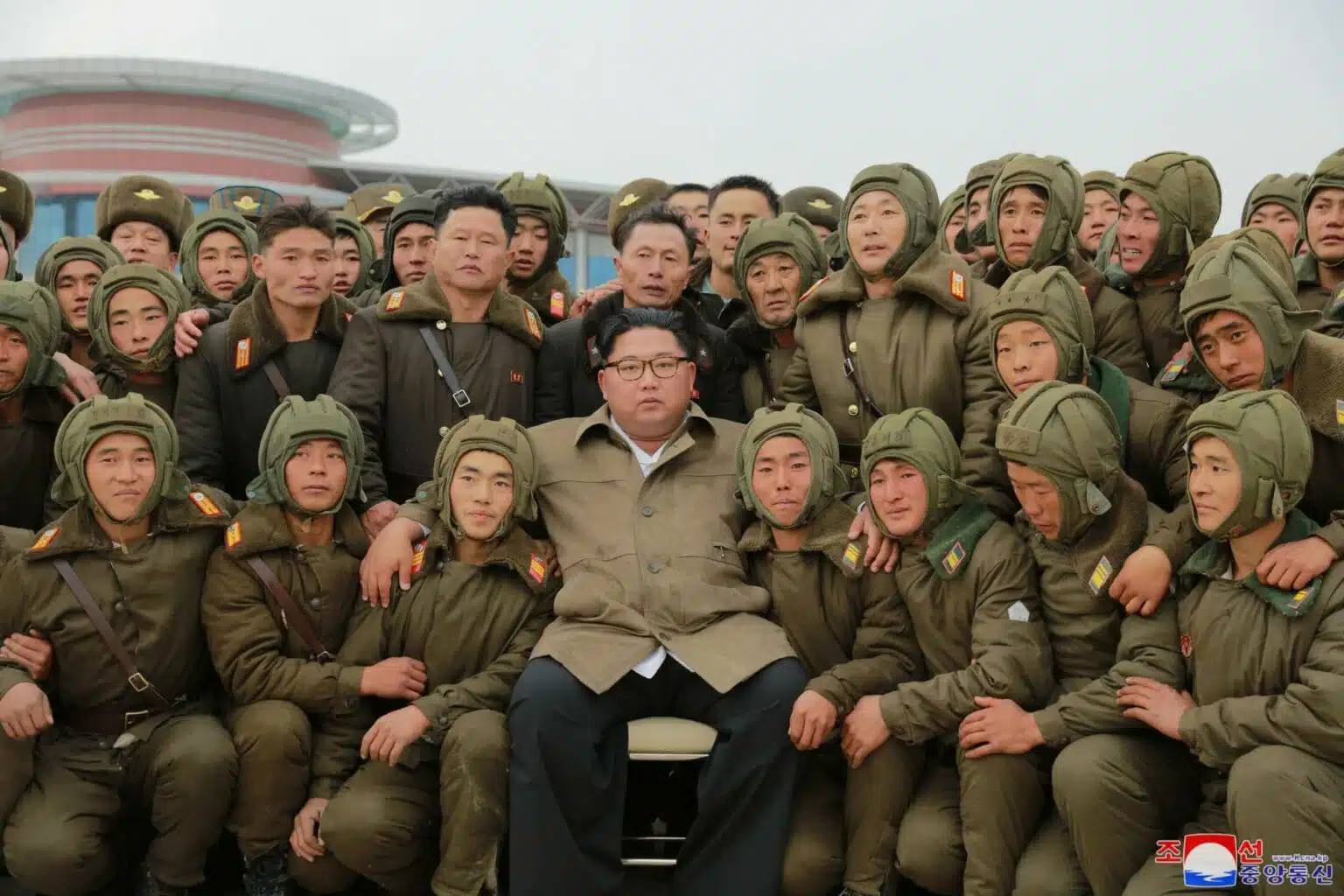On Sunday morning, North Korea launched two ballistic missiles, according to reports from South Korea’s military and Japan’s coast guard. In response, South Korea’s military increased surveillance and vigilance and remained on high alert in cooperation with the United States. One of the missiles reportedly traveled approximately 500 kilometers and reached an altitude of 550 kilometers before landing in the Sea of Japan, but outside of Japan’s exclusive economic zone.
Relationship between North Korea and Japan

The relationship between North Korea and Japan has been strained for many years due to many issues, including North Korea’s development of nuclear weapons and long-range missiles, its human rights record, and its failure to address the issue of Japanese citizens who were abducted by North Korean agents in the 1970s and 1980s.
Japan has imposed economic sanctions on North Korea and has supported efforts by the international community to denuclearize the Korean Peninsula. It has also called on North Korea to address the issue of the abducted Japanese citizens and to provide information about their fate.
In recent years, there have been some efforts to improve relations between the two countries, including through exchanges in the cultural and sports sectors. However, these efforts have had limited success, and the overall relationship between North Korea and Japan remains strained.
Relationship between North Korea and other parts of the world especially India

North Korea’s relations with other countries are generally strained, and this includes its relationship with India. North Korea is an isolated and authoritarian country, and it has been criticized by the international community for its human rights abuses and its development of nuclear weapons.
India, like many other countries, has no diplomatic relations with North Korea. India has traditionally had a non-aligned foreign policy and has generally tried to maintain good relations with all countries. However, it has also criticized North Korea’s nuclear weapons program and has supported efforts to denuclearize the Korean Peninsula.
There have been some limited economic and cultural exchanges between the two countries, but overall, the relationship between India and North Korea is relatively limited.
North Korea conducting its Intercontinental Ballistic Missile

North Korea has indeed conducted many missile tests in recent years, including the testing of intercontinental ballistic missiles (ICBMs). ICBMs are long-range missiles that are capable of carrying nuclear weapons and reaching targets at great distances, potentially even across continents. The possession of ICBMs is a concern because they can be used to deliver nuclear weapons to distant targets, which could potentially have catastrophic consequences if used in a conflict.
Several countries, including the United States, Russia, China, and India, have developed and possess ICBMs. The range of an ICBM can vary depending on many factors, including the type of missile, the payload it is carrying, and the conditions under which it is launched.
It is important to note that the possession of ICBMs, in and of itself, is not necessarily a cause for concern. It is the potential use of these missiles in a conflict or as a means of coercion that can raise concerns about security and stability. The international community has consistently called on all countries to refrain from developing or testing nuclear weapons or missiles and to work towards disarmament and non-proliferation.
Is North Korea a dangerous country?
North Korea’s possession of nuclear weapons and its development of long-range missiles capable of delivering nuclear weapons have raised concerns about the potential for conflict and the risk of nuclear proliferation. The international community has consistently called on North Korea to abandon its nuclear weapons program and to comply with its international obligations under the Nuclear Non-Proliferation Treaty (NPT) and other international agreements.
North Korea’s nuclear weapons program has also been a source of tension in the region, particularly with South Korea and the United States. In recent years, there have been some efforts to reduce tensions and engage in diplomacy with North Korea, but these efforts have had mixed results.
It is important to note that while the possession of nuclear weapons can increase the risk of conflict and escalation, it is ultimately up to the leadership of a country to decide how to use its military capabilities. It is not accurate to say that North Korea is a “dangerous country” simply because it has nuclear weapons.













